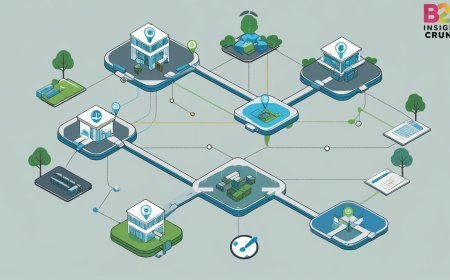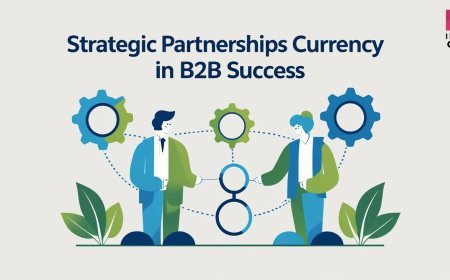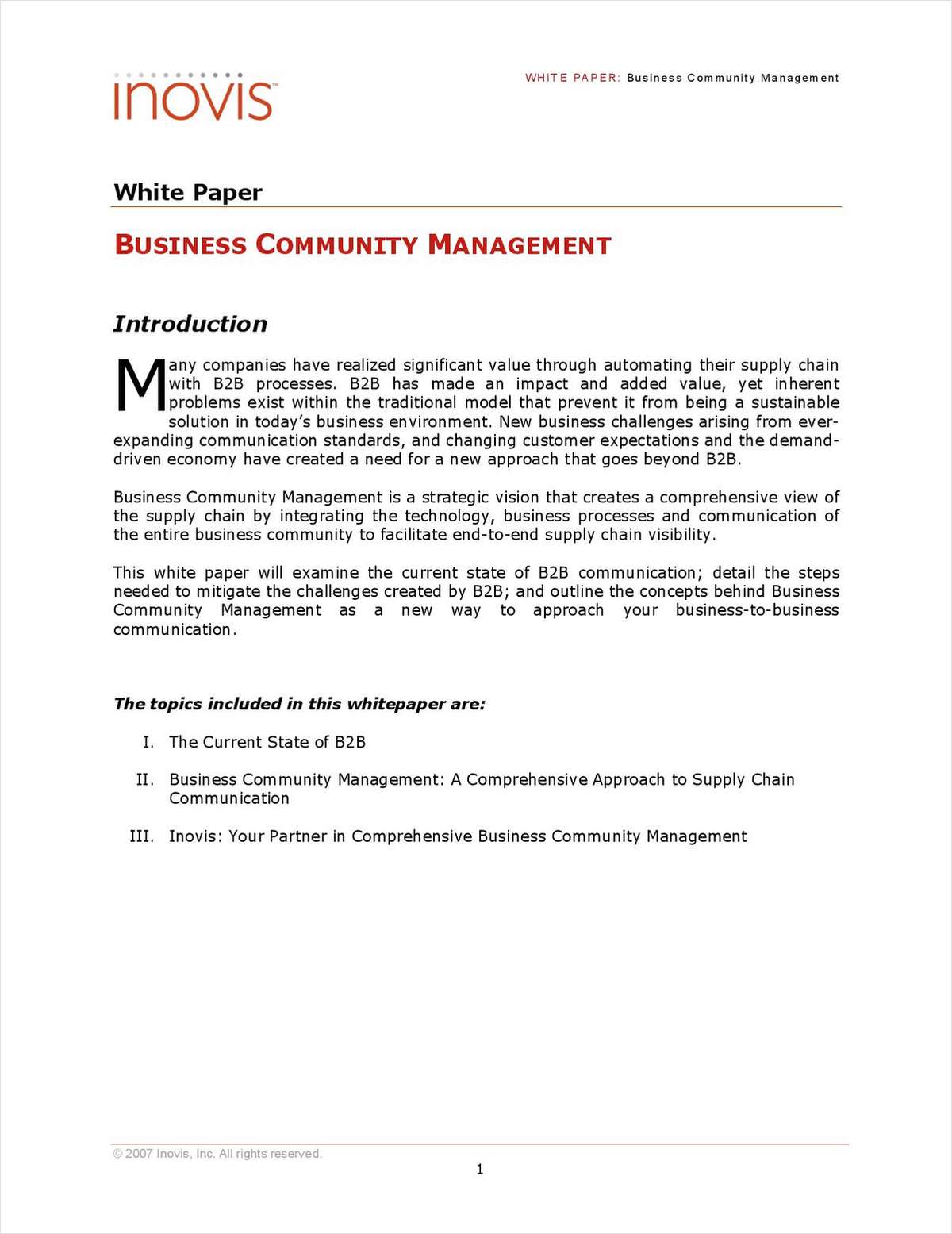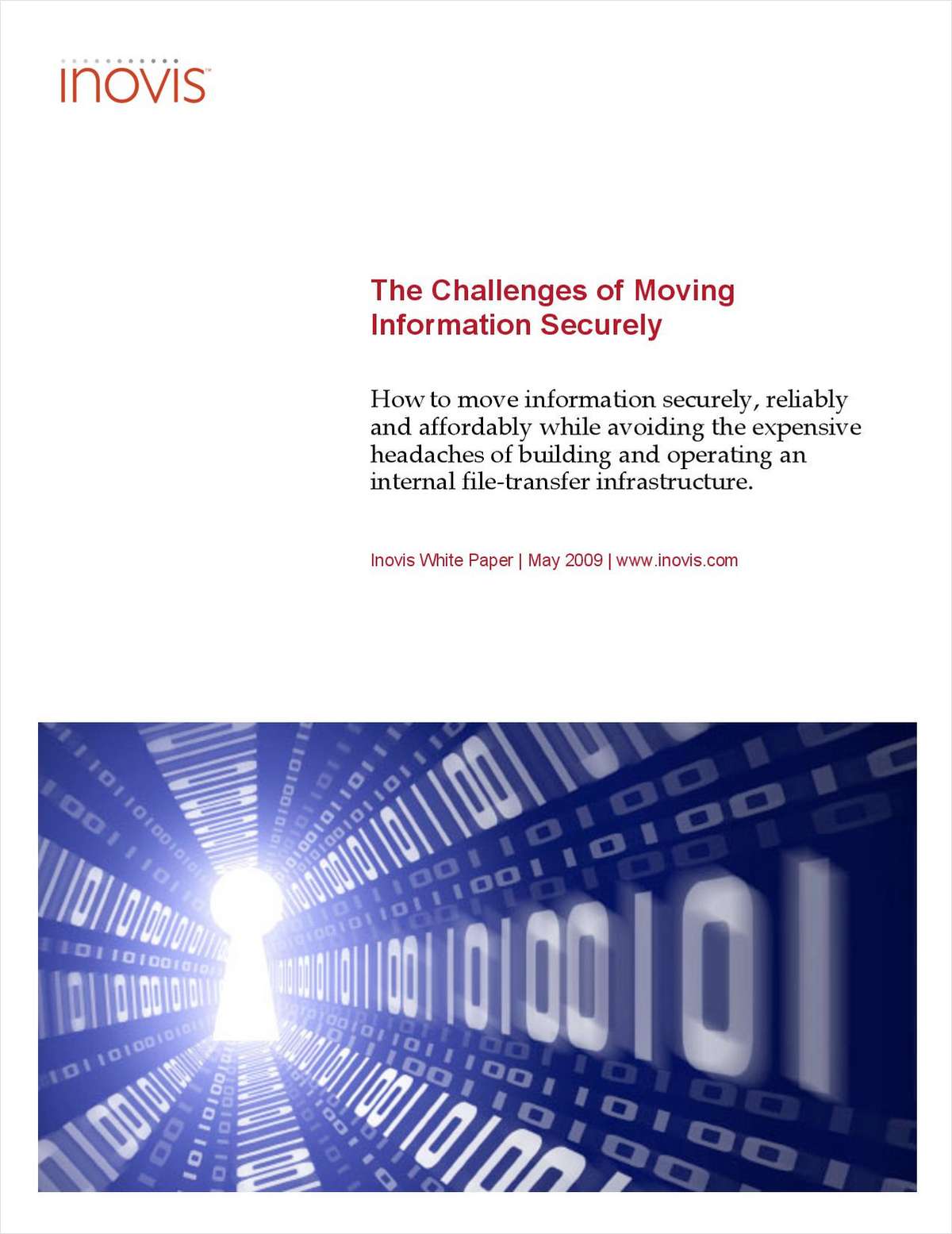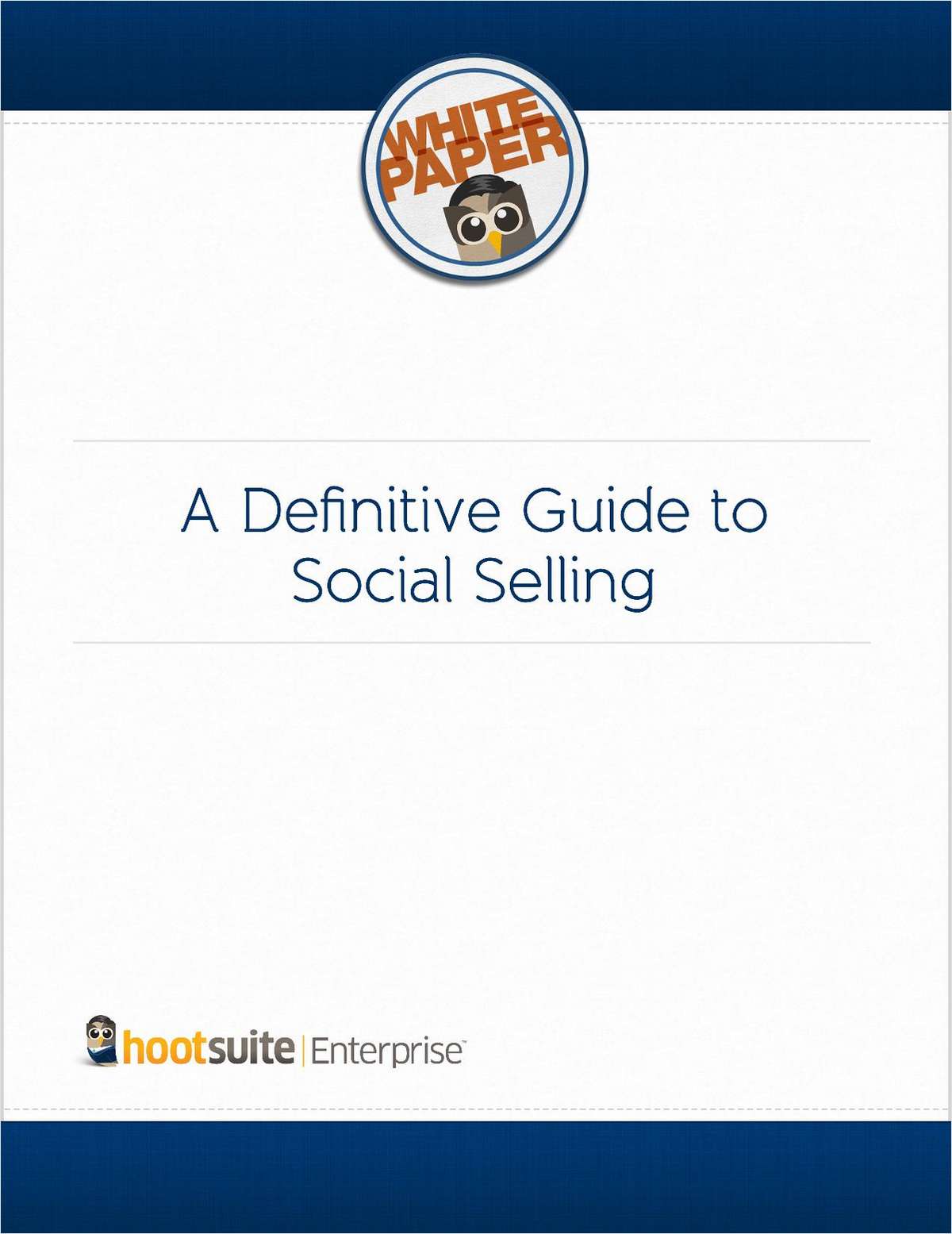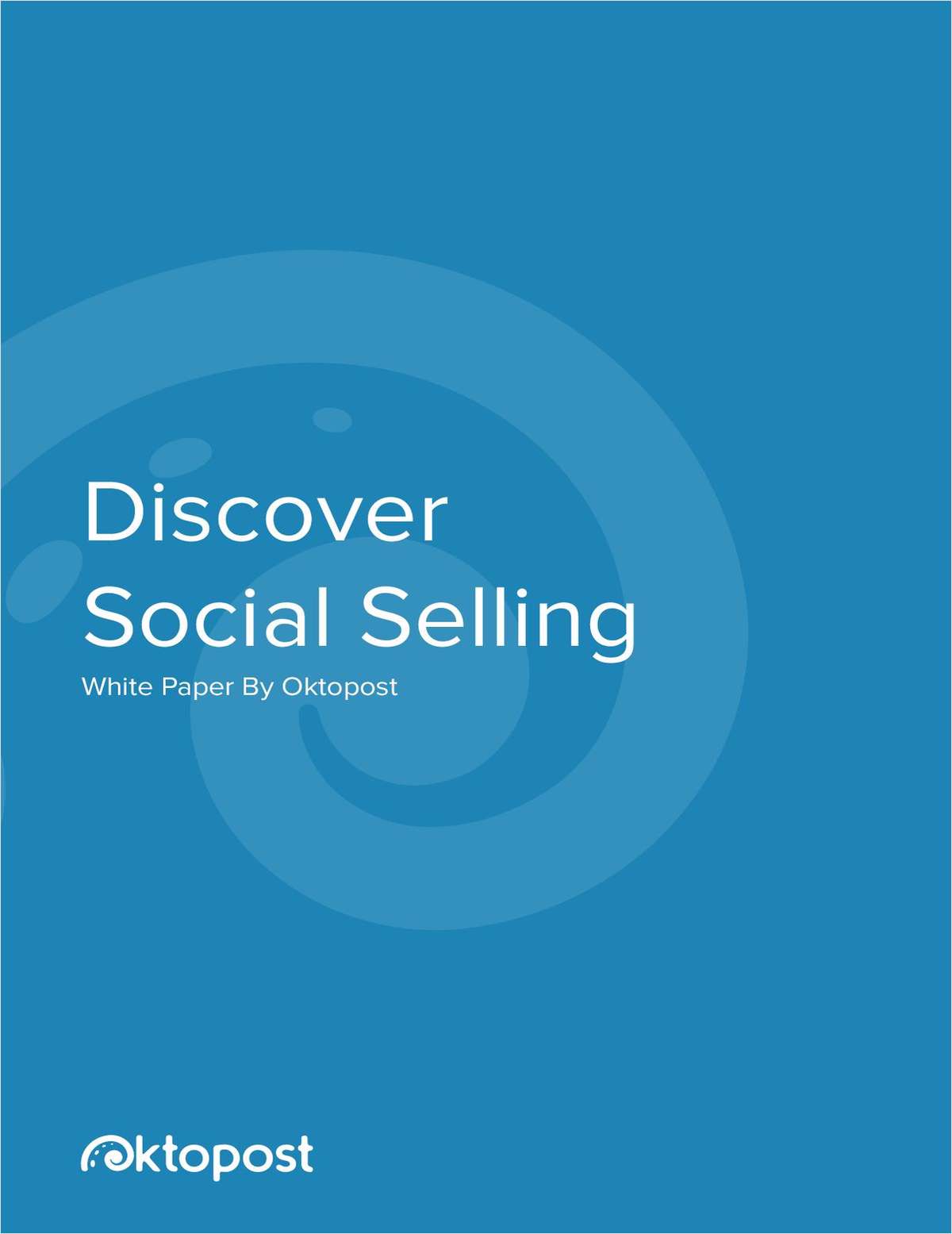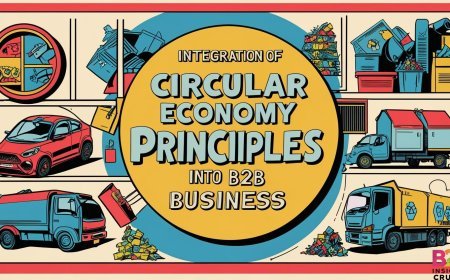Building Resilient B2B Ecosystems in a Volatile Market
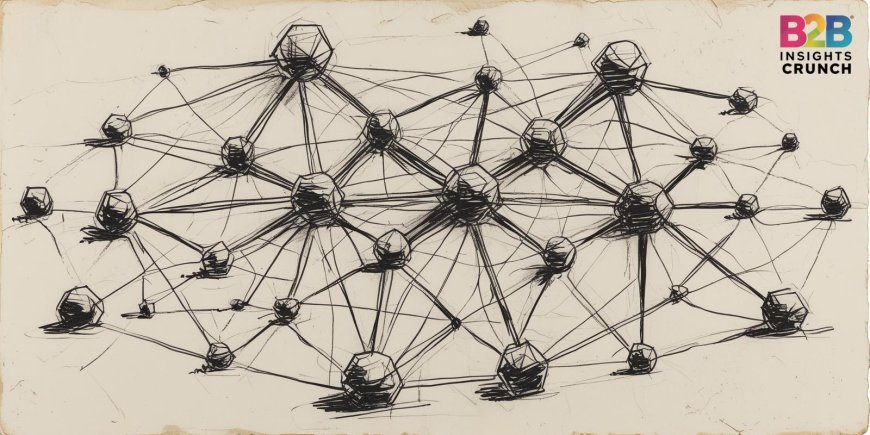
Building Resilient B2B Ecosystems in a Volatile Market
In today’s rapidly changing business landscape, volatility has become the norm rather than the exception. Economic shifts, geopolitical tensions, supply chain disruptions, and evolving customer expectations all contribute to an environment where uncertainty is a constant challenge. For B2B companies, building resilience isn’t just a strategic advantage-it’s a necessity. The focus has shifted towards creating resilient B2B ecosystems that can withstand shocks, adapt quickly, and continue delivering value despite external pressures.
Resilience in a B2B ecosystem means more than just surviving turbulence; it’s about thriving amid change by fostering strong, interconnected relationships with partners, suppliers, and customers. These relationships form the backbone of a healthy ecosystem, where collaboration and transparency build trust and enable faster problem-solving when challenges arise. When partners feel aligned and supported, they’re more willing to share insights, pool resources, and innovate together, turning disruption into opportunity.
One of the key elements of resilience is diversification. Relying too heavily on a limited number of suppliers or markets can leave businesses vulnerable to shocks in any one area. A resilient B2B ecosystem encourages a broad network of partners across geographies and industries. This spread reduces risk and allows companies to pivot quickly when one part of the chain experiences disruption. It’s a mindset that prioritizes flexibility and agility, recognizing that no single path guarantees stability.
Technology also plays a crucial role in supporting resilience. Advanced analytics, real-time data sharing, and digital platforms enable businesses within an ecosystem to monitor risks, forecast potential issues, and respond swiftly. When everyone has access to accurate and timely information, decisions become more informed and coordinated, reducing downtime and mitigating losses. Technology also helps streamline operations, making processes more efficient and less prone to errors during turbulent times.
At the heart of building resilient ecosystems is the human element. Trust and open communication between businesses create an environment where challenges are addressed proactively rather than reactively. Transparency about capabilities, constraints, and expectations strengthens partnerships, ensuring that all parties can work together effectively. Resilience grows from relationships built on respect and mutual support, rather than purely transactional exchanges.
Sustainability is increasingly becoming part of resilience strategies. Environmental and social responsibility not only help companies meet regulatory demands but also enhance reputation and stakeholder loyalty. A B2B ecosystem that prioritizes sustainability is better prepared for the long term, as it focuses on ethical practices, resource efficiency, and community impact-all of which contribute to stability and ongoing relevance.
In a volatile market, companies that invest in building resilient B2B ecosystems create a foundation for sustained success. They move beyond reactive crisis management and embrace a proactive approach that views disruption as a catalyst for growth. By nurturing diverse, transparent, and collaborative partnerships, leveraging technology for agility, and committing to sustainable practices, these ecosystems can weather uncertainty and emerge stronger.
Ultimately, resilience is about mindset as much as strategy. It’s the willingness to embrace change, learn from setbacks, and continuously adapt. B2B businesses that cultivate this outlook will not only survive the storms of volatility but will position themselves as trusted partners and industry leaders for years to come.


